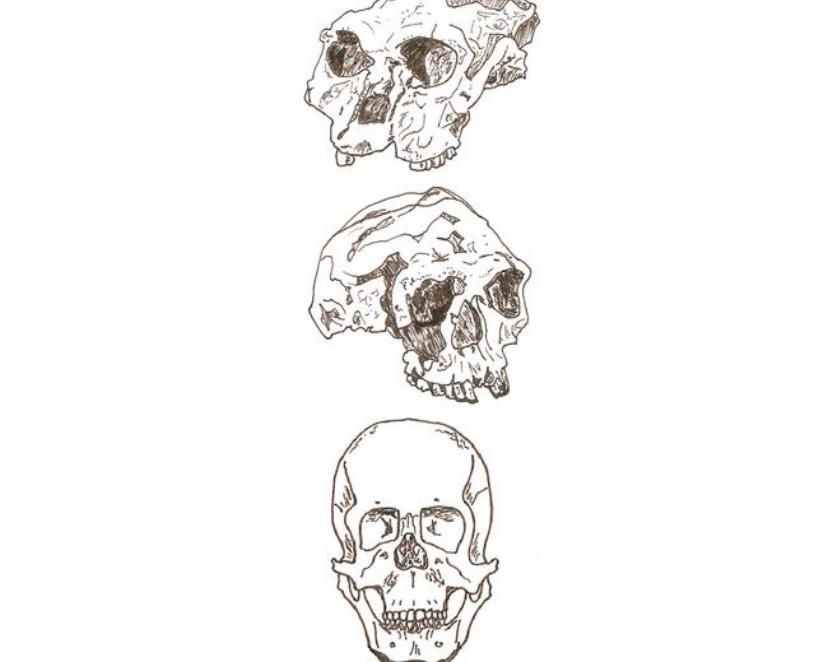
It is estimated that Earth is approximately 4.5-4.6 billion years old, and life appeared about 3.5-3.8 billion years ago. To better understand the emergence of humanity, we can imagine that 24 hours have passed since the formation of Earth as we know it today. According to a study conducted by the team at One Clock, at 4:00 in the morning, the first forms of life would appear, at 2:08 PM, the first single-celled organisms, namely archaea, would emerge, organisms that begin to roam the Earth, and after a long period of time, mammals appear at 11:39 PM.
The day is coming to an end, but humans have not yet made their presence felt. Finally, Homo Erectus steps foot on this land for the first time at 11:58 PM. From this species, modern humans, Homo Sapiens Sapiens, evolve at 11:59 PM and 58 seconds, 2 seconds before the day ends, which is approximately 100,000 years ago.
Throughout history, there have been several hypotheses about the origins of humanity and how we got to this point. The theories have evolved, from the oldest, the Creationist Theory, which involves the belief that the universe and all forms of life were created by God or another divine power, to the Evolutionist Theory, which argues that humans evolved from primates through natural selection. It is notable that these theories have speculated on how we got here, not necessarily on "why."
From a philosophical perspective, Fyodor Dostoevsky addresses the spiritual motive of our existence. The author writes about this in his novel "The Brothers Karamazov," published in 1880, through his characters when Ivan tells Alexei about the encounter between the Grand Inquisitor and Jesus. He says, "For the mystery of human existence does not only consist of staying alive but in finding something to live for. Without a concrete idea of what you want to do with your life, a person would refuse to continue living."
The Russian writer emphasizes the difference between "living" and "existing," even though these similar concepts have different meanings. For a person to truly "live," they must set goals, work towards them, and ultimately achieve them. They need to step out of their comfort zone, try new things, and learn to appreciate even the simplest things. Only when they look back can they say that they have "lived." In contrast, "existing" involves doing only what is necessary to stay alive, often neglecting mental and physical health. The feeling of existing without a purpose, even a minor one, can be compared to drifting on the sea without provisions, without help, and most importantly, without hope.
In conclusion, the historical perspective cannot exist without the romantic one. The two complement each other and form a whole, providing humans with the necessary information about their appearance on Earth and, at the same time, offering them the opportunity to choose the meaning of their existence.



Comments